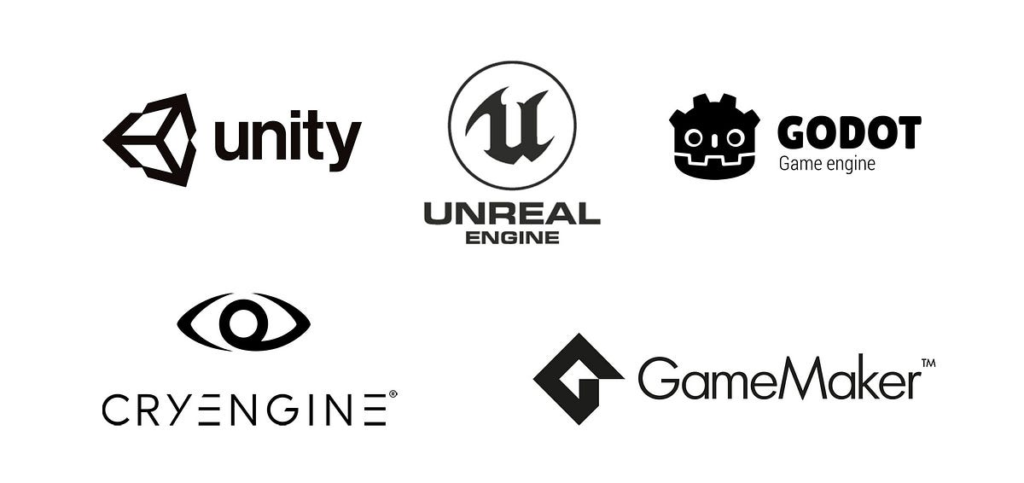Programming in game development is a creative tech journey, blending art with innovation to craft immersive player experiences globally.
What is Game Development?

Game development is the process of creating a video game. It is broken into several stages: concept generation, design, coding, testing, and deployment. Understanding programming basic is crucial, whether you’re creating little mobile games or tackling massive PC games.
Why Learn Game Programming?
Learning game programming provides many possibilities. You may realize your game ideas, work in a booming business, or even make games as a hobby.
Getting Started with Game Development

1. Choose Your Programming Language
The initial stage in game production is selecting a programming language. Here are a few popular choices:
- C++: C++ is known for its performance and control over system resources. It’s widely used in AAA game development.
- C#: The primary language for Unity, a popular game engine.
- Python: Python is a popular programming language. Pygame is a useful library for game development in Python.
- JavaScript: Essential for web-based games. Phaser is a common framework for JavaScript game development.
2. Pick a Game Engine

A game engine makes the creation process easier by offering tools and libraries for visuals, physics, and input processing. Here are some famous gaming engines:
- Unity: Supports 2D and 3D game development. It’s beginner-friendly and has a large community.
- Unreal Engine: Unreal Engine is a series of 3D computer graphics game engines developed by Epic Games
- Godot: An open-source engine that’s great for 2D and 3D games. It’s easy to learn and highly flexible.
- GameMaker Studio: Ideal for 2D games. It has a drag-and-drop interface, which is perfect for beginners.
3. Understand Basic Game Development Concepts
Before you begin coding, educate yourself on some important concepts.
- Sprites: 2D images or animations integrated into the game.
- Game Loop: A cycle that continuously updates the game state and renders the visuals.
- Physics Engine: Manages how objects move and interact.
- Input Handling: Detects and processes user inputs like keyboard presses or mouse clicks.
4. Start with Simple Projects
Begin your game development journey with simple, attainable tasks. Here’s some ideas:
- Pong: A basic table tennis game. It teaches you about collision detection and game loops.
- Snake: A classic game that introduces you to movement and input handling.
- Tetris: A puzzle game that helps you understand object rotation and collision.
5. Learn from Tutorials and Online Courses
There are many resources available to assist you learn game development. Some of the preferred platforms are:
- Udemy: Offers courses on various game engines and languages.
- Coursera: Provides structured courses from universities.
- YouTube: Features countless tutorials from experienced game developers.
6. Join Game Development Communities
Engaging with other game developers may be really valuable. Join forums, game jams, and online communities. Here are some common areas to connect:
- Reddit: Subreddits like r/gamedev and r/Unity3D.
- Discord: Many game development servers offer support and collaboration opportunities.
- Stack Overflow: A great place to ask questions and find solutions.
7. Experiment and Iterate
Game development is an iterative process. Do not be scared to explore and make errors. Each project will help you learn something new and enhance your abilities.
Essential Tools for Game Development

Here are some tools that can help with the game production process:
- Visual Studio Code: A versatile code editor with extensions for various languages.
- Git: Version control software that helps you manage your codebase.
- Blender: A powerful tool for creating 3D models and animations.
- Audacity: A free audio editor for creating and editing sound effects.
Conclusion
Starting off in game development can be both exciting and hard. You’ll be well on your way to making your own games after learning the fundamentals of programming, selecting the appropriate tools, and connecting with the community.
Remember that every master was once a beginner. Happy coding!
Begin your game development journey now, and let your creativity shine through your games.
